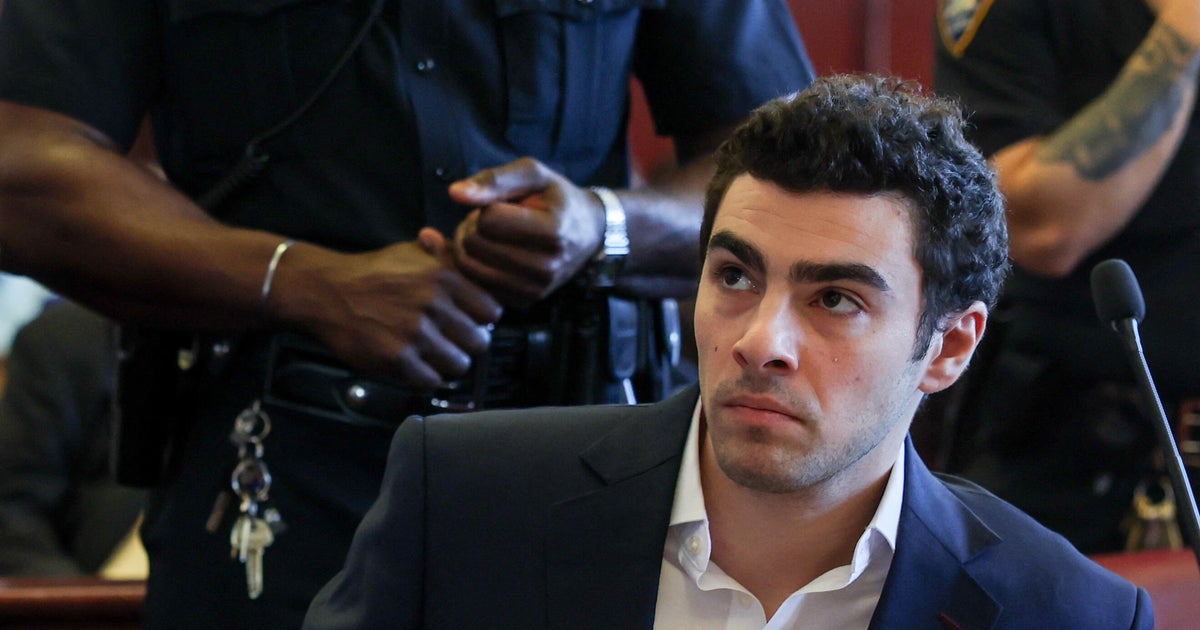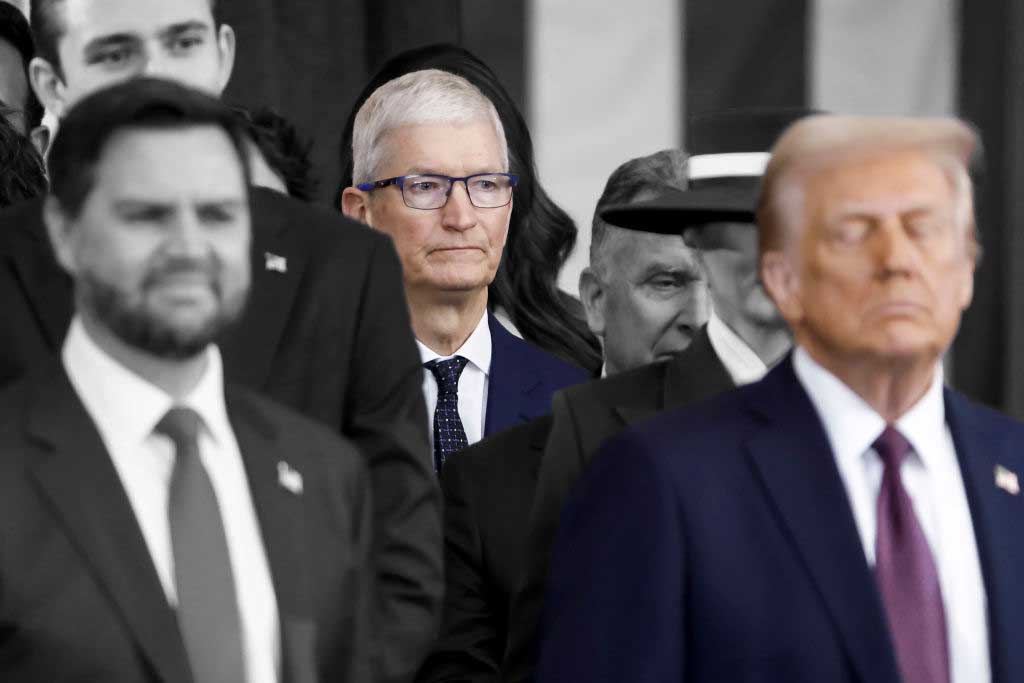Apple CEO Tim Cook takes witness stand at Fortnite trial
Apple CEO Tim Cook took the witness stand Friday in a high-stakes courtroom battle that could change the iPhone and App Store forever.
The trial taking place in federal court in Oakland, California, revolves around an antitrust lawsuit filed last year by Epic Games, the maker of Fortnite. At stake are lucrative commissions the iPhone maker has been raking in from app developers on its mobile app store and the potential for competing app stores to gain access to the iPhone market .
Epic is trying to prove that commissions of 15% and 30% placed by the iPhone maker on apps purchased from its store for iPhones, iPads and iPods are an abuse of power stemming from what it claims is a monopoly Apple has created around a fortress blocking other payment options on its mobile devices.
On the witness stand, Cook said that Apple's tight control of its App Store served to protect the privacy and security of its users, not to enforce high fees on app developers. Cook said Apple has invested heavily in creating tools that allow users to keep their data private, and to keep potentially malicious apps off of the Apple store.
Cook implied that allowing app developers more freedom in the way they charge customers could lead to less privacy for iPhone users, and potentially less security from viruses. When asked if Apple would give more freedom to a third-party developer if the developer pledged to maintain its privacy standards, Cook said no.
Guided by friendly questioning from an Apple lawyer, Cook's testimony often sounded like a commercial for the iPhone and other products that he hailed as the best in the world. The tone was not coincidental. Besides counting on Cook to help win the case against Epic, Apple views his closely watched courtroom appearance as an opportunity to tell the company's side of the story while its App Store is also under scrutiny by lawmakers and regulators in the U.S. and Europe.
"Privacy from our point of view is one of the most important issues of our generation," Cook said. "We are making decisions in the best interests of the users, and sometimes there is a conflict in what the developer wants and what the consumer wants."
Cook testified that his role as CEO was to review the strategy of the App Store, not direct it. Epic's lawyers asked questions that included how profitable the App Store is for Apple.
Cook said an internal Apple financial statement for the App Store that has been a key piece of evidence in the case was misleading as it excluded a number of significant costs that made the App Store look more profitable than it is.
Cook said repeatedly under cross examination by Epic's lawyers the decisions that Apple makes about the App Store are in the best interests of its customers and not about profits.
Antitrust expert Eleanor Fox, a professor at New York University School of Law, told CBS MoneyWatch prior to the start of the trial that Epic's case was in line with growing concerns that a handful of large tech firms, including Apple, Facebook and Google, have de facto monopoly power over online commerce and media. Nonetheless, Fox said, it wasn't clear Epic would be able to convince a court that Apple had broken the law.
"If all that Epic's case is about is whether Apple charges too much, then that's allowed under antitrust laws," Fox said. "Antitrust laws do not block price-gouging."
Here comes the judge
But in court on Friday, U.S. District Judge Yvonne Gonzalez Rogers said she found the lack of competition driving Apple's 30% commission on sales and transactions of apps sold on its App Store "troubling."
Rogers asked Cook directly why Apple doesn't tell its users hey could make purchases directly from app developers via a browser, rather than on the App Store. The judge suggested Apple might have to come up with a compromise instead of forcing users to always use Apple's in-app purchase mechanism.
"The gaming industry seems to be generating a disproportionate amount of money to the IP you're giving them and everyone else," Rogers said to Cook, referring to Apple's intellectual property. "In essence, it's almost like they are subsidizing everyone else."
Cook answered that Apple faces competition in the app and the smartphone market.
"You don't have competition in those in-app purchases, though," Rogers replied.
Apple has brushed off the allegations as a desperate attempt by Epic to boost its own profits by breaching a contract covering a system that requires a small portion of the 1.8 million apps in its store to pay the commissions on transactions. Apple says the commissions help it pay for the technology powering its products, including the security and privacy protections that has helped make iPhone so popular.
Cook is testifying as Apple prepares to wrap its case before the two sides make their closing arguments and answer the judge's questions about the evidence on Monday.
Cook has emerged as a polished, confident public speaker since inheriting his CEO job nearly a decade ago from Apple's late co-founder Steve Jobs.
Epic lawyers have repeatedly referred back to Jobs' initial predictions that Apple wouldn't make much money from the app store when he unveiled it 13 years ago. Since then, the app store has become more successful than anyone envisioned and a major contributor to the profit growth that has helped Apple achieve its current stock-market value of nearly $2.1 trillion.
Just how much money Apple makes from the app store has remained a heated point of contention during the trial, although Schiller conceded during his testimony that the Cupertino, California, company had pocketed at least $20 billion from it through June 2017, based on calculations from figures publicly released as that time.
The Associated Press contributed reporting to this piece.



